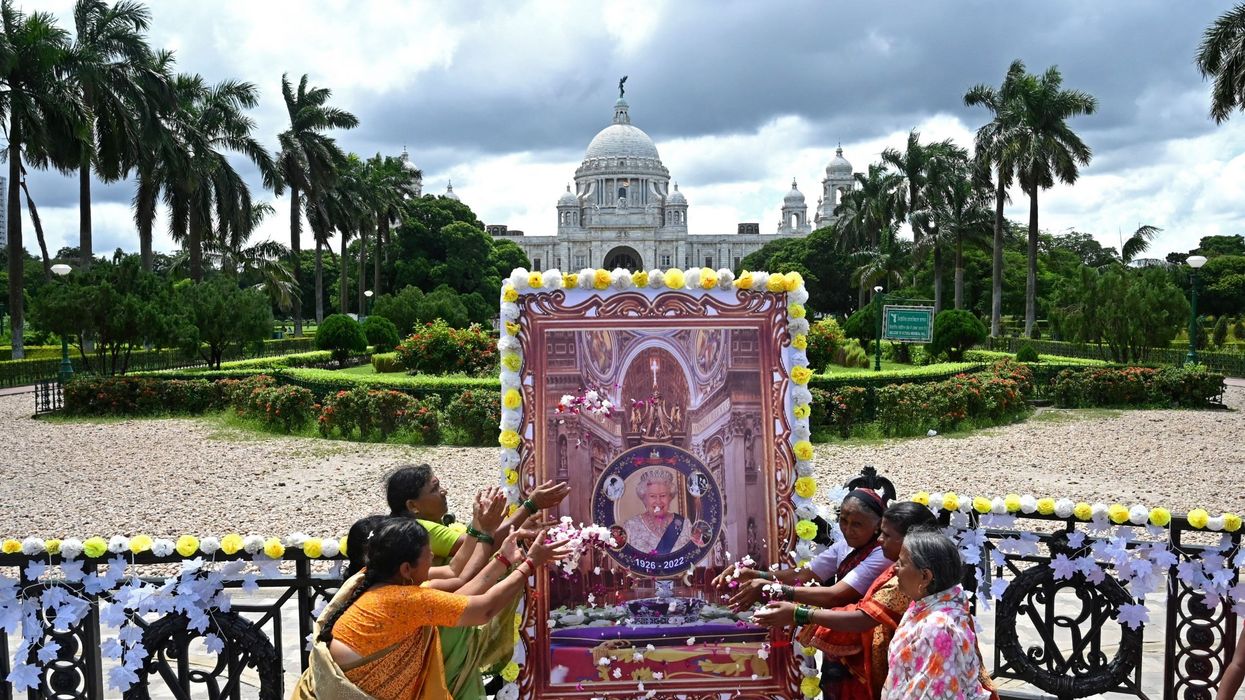Indian influence on Britain's royal ceremonies dates back to Queen Victoria's reign as Empress of India when she included an Indian escort at all her major events.
As King Charles III's Coronation approaches this weekend (06), Commonwealth symbolism will reflect this historical connection, says Shrabani Basu, a British Indian historian and author of 'Victoria and Abdul: The Extraordinary True Story of the Queen's Closest Confidant'.
Basu believes that the ceremony at Westminster Abbey will be reminiscent of Queen Victoria's love for India.
As the first monarch to make Buckingham Palace her home, King Charles and Queen Camilla's gilded carriage will leave from those very gates on its way to the Abbey.
According to Basu, who was interviewed at the Victoria Memorial opposite Buckingham Palace in London days before the Coronation, Queen Victoria's connection to India will be reflected in the Commonwealth symbolism during the event.
Basu highlighted how Queen Victoria, who never visited India due to old age, yearned to go there and made sure there was an Indian escort at all her major ceremonies, with Indian soldiers leading the procession out of Buckingham Palace towards Westminster Abbey.
The historian explained that this time round, the Commonwealth will take precedence, but the link between Britain's royal ceremonies and India remains strong after 200 years of history.
Basu observes that while the stands go up, the palace gets ready, and the throne is done up, the spectacle of the event is something the British love. “They love the pomp and the pageantry, the drum rolls and the costumes, the carriages that are being given the polish for weeks,” she said.
However, amidst the final preparations for the Coronation on May 6, the future of the institution itself is being scrutinized.
“Even as we witness all this mounting excitement, a recent poll showed that while the over-60s are very enthusiastic about the monarchy, there is a decline in interest in the monarchy for the 18–25-year-olds. So, it begs the question, what is the future of the monarchy; how long would it continue on this scale? Will Prince George (second in line to the throne after Prince William) have a much-reduced ceremony in the years to come," she pondered.
Meanwhile, Republic CEO Graham Smith plans to lead a series of #NotMyKing protests in Trafalgar Square and along the Coronation procession route in central London, calling for the abolition of the monarchy and the establishment of an elected Head of State.
Smith cited India as an example of a country that made the right choice to become a republic and separate from the Crown, emphasizing that the Commonwealth is not tied to the monarchy in that way.
(PTI)




